Disney’s leadership – under Iger, Chapek, then Iger again – largely tends to see its theme park business as mature and indomitable. So it’s really so surprise that – with pandemic losses and strategic refocusing on streaming – Disney doesn’t really have a focus on arming its theme parks for Universal’s next retaliatory strike. But aside from just falling in Disney’s corporate priorities, there are other reasons Disney’s just not too worried…
2. Universal hasn’t hurt them yet
Lest we forget, both of Universal’s theme parks have threatened Disney’s dominance in theory, then left next to no mark on the Mouse House’s bottom line.
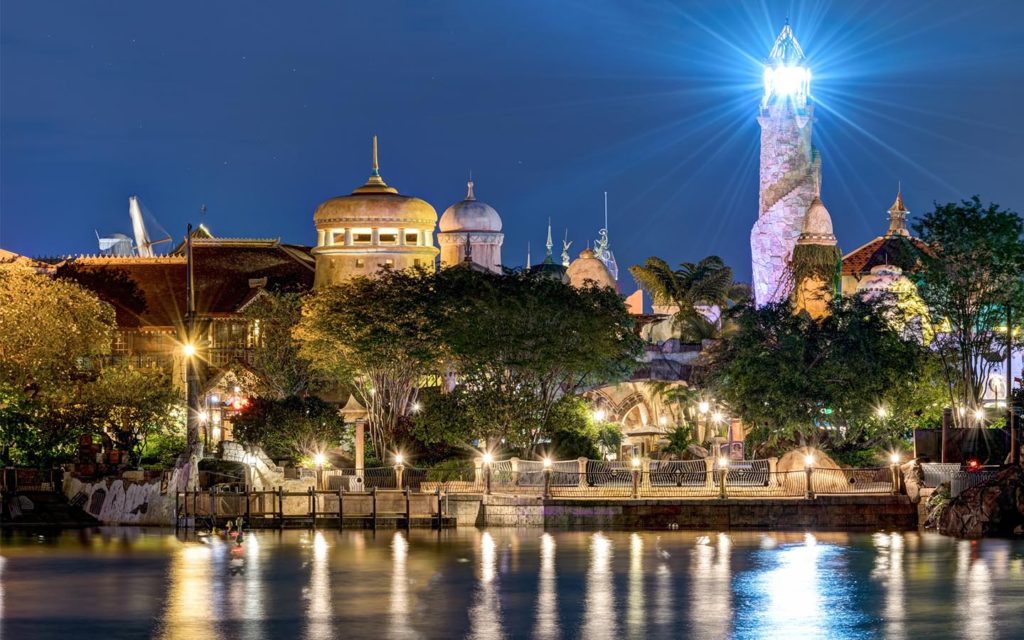
That’s not a slight to Universal, whose two Orlando parks are sensational in their own right, and made all the more unmissable by the Wizarding World. There’s no question that Universal has taken big chances and gotten big results. Islands of Adventure, in particular, resides atop many theme park fans’ rankings as an A-Tier park rivaling and in places surpassing some of Disney’s equivalent efforts.
But let’s not lose our heads. Though fans cite the Wizarding World as the one to beat in today’s theme park industry, the fact is that in 2019, Islands of Adventure was visited by 10.3 million guests; Universal Studios, 10.7 million. The same year, Magic Kingdom was visited by 21 million… the equivalent of Islands of Adventure and Universal Studios combined.
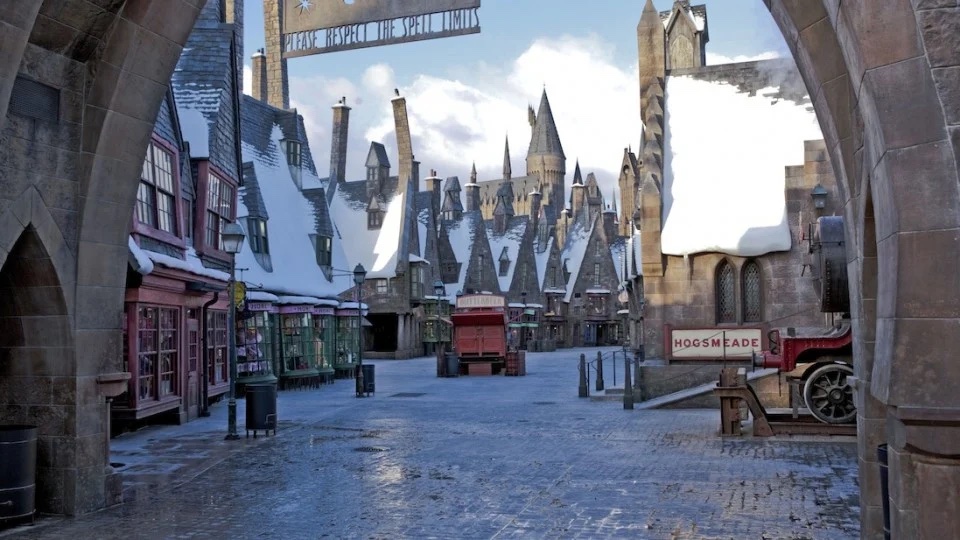
But the long and short is that – three decades after Universal arrived in Orlando – Disney still hasn’t had to shatter that “Break Glass In Case of Competition” emergency box. Imagineering didn’t really need to do much to combat Universal until the Wizarding World, and only once Hogsmeade opened did the lumbering beast of corporate Disney begin to stir on projects that didn’t actually open for 5, 6, 7 years after. While you could argue that the Wizarding World lit a fire beneath Disney’s parks, Chapek’s leadership – even for only a few years – seems likely to have stalled that momentum in a big way.
So if “the best predictor of future behavior is relevant past behavior,” is it really any surprise that Disney’s 2022 D23 Expo didn’t include any “Epic Universe killers,” or really, anything at all? We can hope that Epic Universe is different – either because we want Universal to dominate, because we want a fire lit under Disney, or both – but from Disney’s perspective, you can understand why the threat of Epic Universe isn’t exactly paralyzing. Quite the contrary, Disney likely anticipates weathering the opening of Universal’s new gate – whether it’s a rainshower or a hurricane.
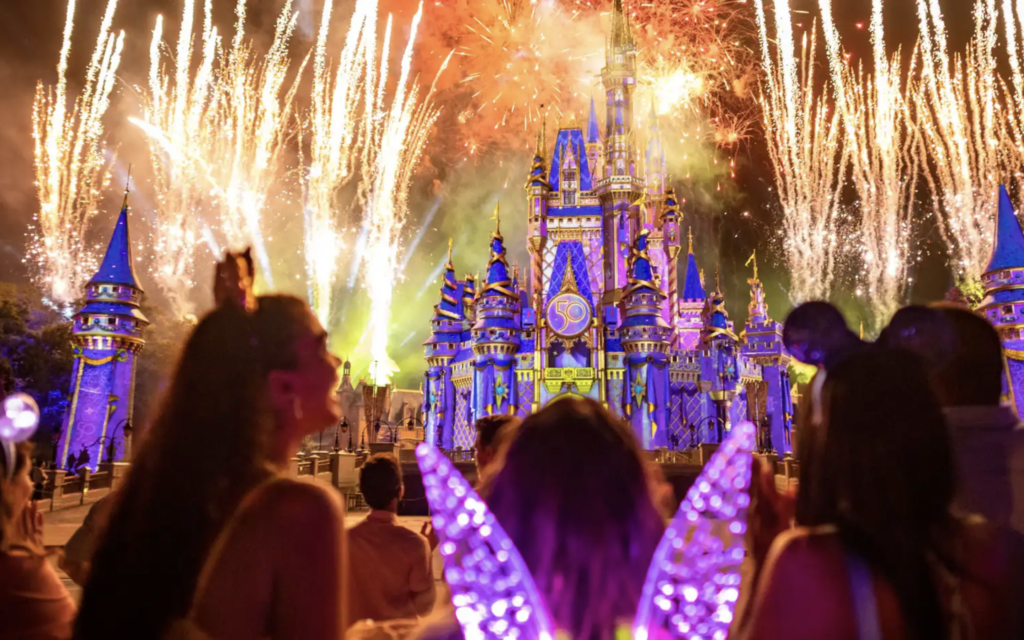
You can chalk that up to some frustrating-but-true areas in which Universal simply can’t beat Disney – a sort of brand-loyalty foundation that comes pre-baked into Disney, rain or shine; Disney’s “gotta-see-it” rank in the Middle Class American dream; and yes, Disney’s star-studded, zeitgeist-grasping IPs – Disney + Pixar + Marvel + Star Wars. Universal can expand its footprint, ride count, and quality all it wants, but Magic Kingdom will always be the most-visited park in the country for a whole lot of very complex reasons.
So it makes sense that Disney would expect to weather this one just like it’s weathered every challenge Universal has mounted so far. And as a cherry on top, there’s one last reason we think Disney just isn’t too worried about Epic Universe…
3. Universal could very well mess this up… again
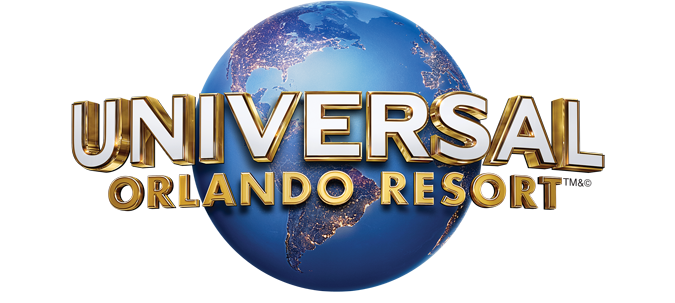
What is a “resort”? If you ask most people, it’s an all-inclusive luxury hotel at a tropical destination, or a mountainside European lodge. But if you’re visiting Universal Orlando Resort or Disneyland Resort or Walt Disney World Resort, you’re meant to know that it means “an entertainment complex with multiple theme park, retail, dining, and hotels.”
What is a “theme park”? Some may think of a single “gate” like Islands of Adventure, California Adventure, or Disneyland Park as a theme park residing within a Resort; but watch the news and you’ll see Walt Disney World itself called a theme park. Add to that that Universal tells us that its waterpark is a “theme park,” but supposes Disney’s two waterparks aren’t…
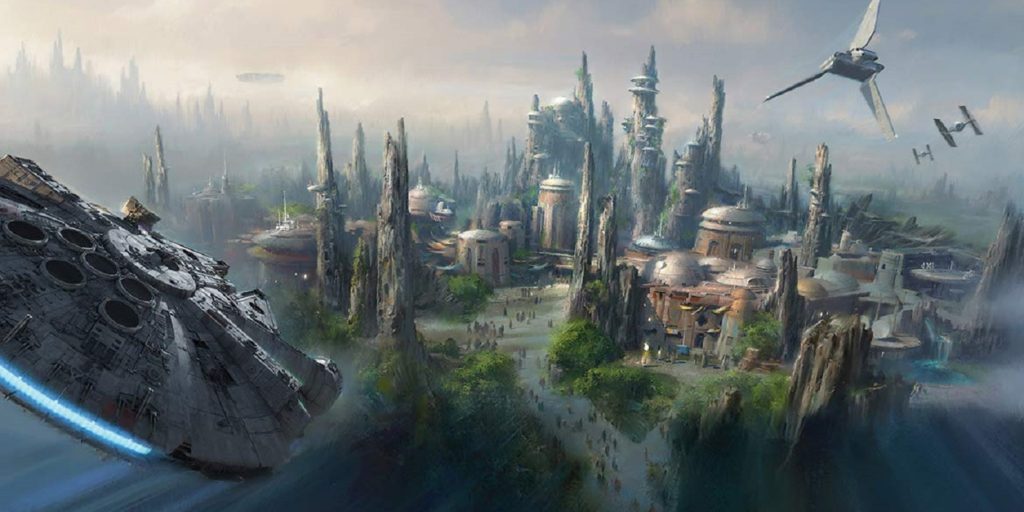
And then there’s the “Harry Potter theme park,” the “Cars theme park,” and the “Star Wars theme park” that the news media talks about, recognizing (probably correctly) that discussing the same projects as “lands” wouldn’t translate well to the general public for whom that term doesn’t mean anything.
In short, none of this is intuitive. It’s a big task for a 30-second ad spot to explain to guests that Universal’s Orlando “Resort” has a new “Theme Park” with a Nintendo “Land” and a MarioKart “Ride” – all of which are essential messages if you want people to understand that they need not only to visit, but to stay longer than they used to.
Unless Universal really nails the marketing campaign, the differences between Universal Studios, Islands of Adventure, and Epic Universe won’t be obvious at first glance or even casual study. (Why should Universal’s cinematic Monsters be in Epic Universe instead of the Studio? Why would Marvel be found on an Island instead of a Universe? Why would the Viking island of Berk be at Epic Universe instead of Islands of Adventure?)
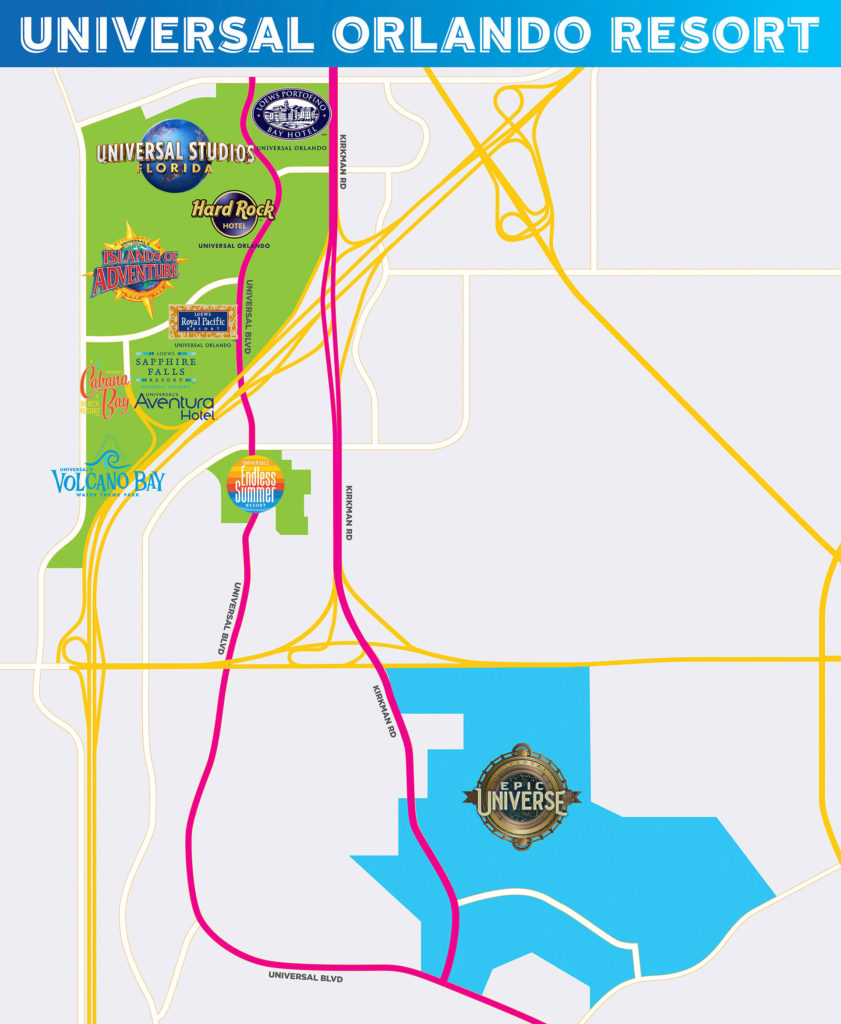
Sure, the “rules” of Resorts and Theme Parks are more solidified today than they were during Universal’s first growth spurt… But consider that even after Universal’s official announcement of Epic Universe, even in-the-know fans briefly debated whether Epic Universe was the name of the park, or of the entire new “South Complex,” which will contain a theme park, its “CityWalk” like shopping district, and a number of celestially-named hotels all with the same aesthetic as the Epic Universe logo. And to that point, look at the simple, infographic map again which really does little to visually rank each logo, or to clearly articulate what’s what in the hierarchy of the destination. Epic Universe, it appears, will be as large as the rest of Universal Orlando combined. In other words, Universal still doesn’t seem entirely clear on how to convey what its main draws are versus the supporting actors.
There’s no question that Universal’s star is rising in Orlando, and that the presence of Hogsmeade and Diagon Alley has helped not only to get folks into the property, but to reintroduce and differentiate its two parks – at least by their respective halves of the Wizarding World.
But look at Universal’s current international marketing blitz – “Let Yourself Woah!” It’s certainly a great tone-setter, and does a remarkable job of showcasing a number of the resort’s newest rides and biggest brands. However, would a layman recognize from it that Universal has multiple theme parks, a waterpark, and hotels to visit? And if extending stays is your objective, shouldn’t a marketing campaign clearly convey that?
After all, most people in the country – and even most visitors to Orlando – have far less familiarity with Universal Orlando than with Walt Disney World. It will be an uphill battle to clearly, concisely articulate in ads that Universal Orlando now offers three (or – blegh – is it four?) theme parks – the movie one, the adventure one, and the new one; the cities, the islands, and the galaxy; the Studio Gates, the Lighthouse, and the ______; Universal Studios, Islands of Adventure, and Epic Universe.
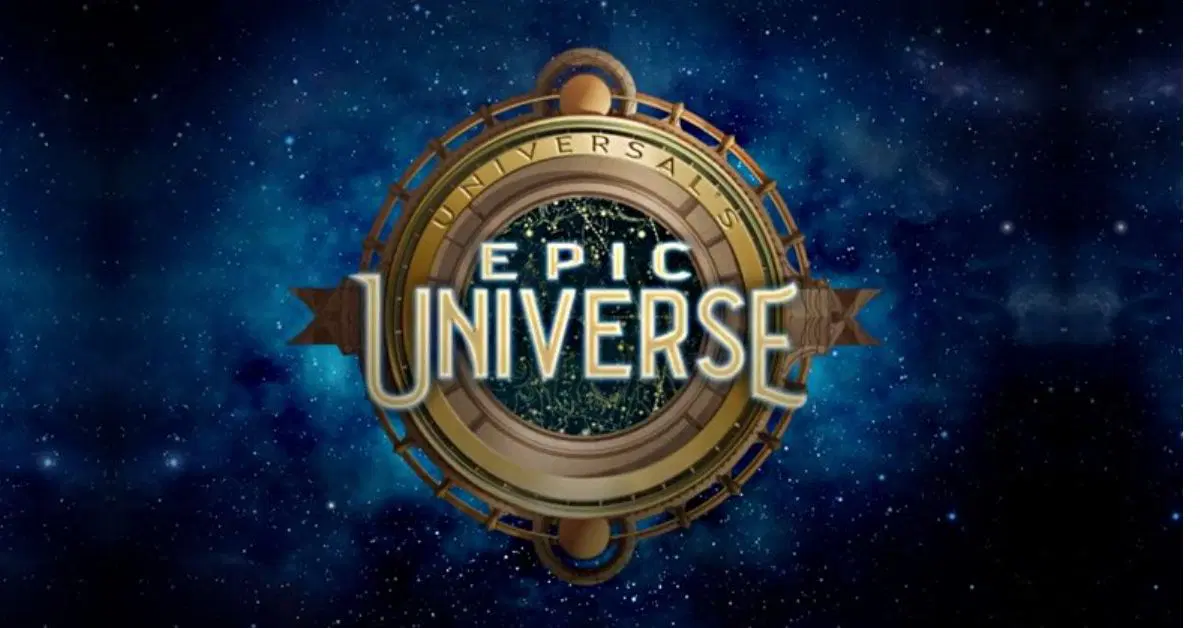
Comcast may give Universal Parks an unprecedented mouthpiece for spreading the mouthful that “Super Nintendo World in Universal’s Epic Universe at Universal Orlando Resort” is coming, will the message be understandable? And even if it is, will people understand it? That’s the question…
The Coin Flip
So will Universal’s Epic Universe shift the gravity in Orlando in a measurable way? Will Walt Disney World actually loose some ground to its longtime competitor, whose new, deep-pocketed owners see “only one way to go” for their expanding Florida campus?
Right now, we’d call it a coin flip.
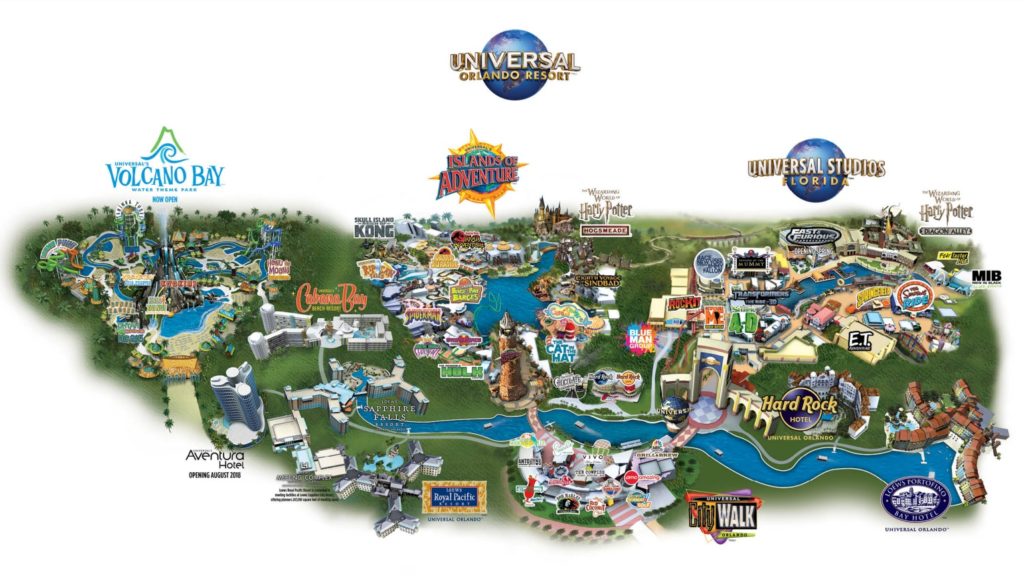
A whole lot is leveraged against Universal – including its own history, rife with big, bold, ambitious plays at Disney that largely landed with thuds. As we’ve explored, each of Universal’s previous two parks has seemingly been perfectly angled to compete with Disney’s equivalent offering of the era… and each, for one reason or another, didn’t. The financial backing of Comcast has clearly reinvigorated Universal’s fight, with Epic Universe as a pinnacle of their decade of massive investment. But Universal could easily miss the mark, failing to convey what they have to offer… After all, it’s happened before.
But we also can’t fully consider the effects of Epic Universe without acknowledging Disney’s current position… Having radically shifted its vision toward streaming and content acquisition, the company leadership’s attention is simply elsewhere. For many reasons, Disney doesn’t feel the need or even want to buff up its Parks prior to Epic Universe’s opening. That’s their prerogative, and perhaps even conveys a quiet strength; that they’re quite literally unbothered by the opening of a multi-billion dollar park down the street.
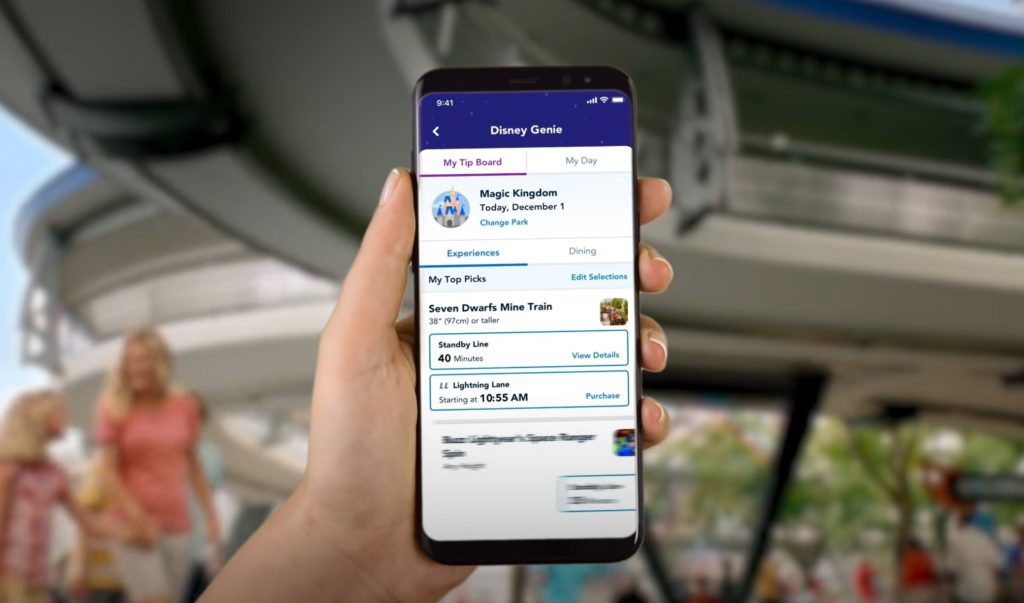
The flip side of that coin, though, is that Disney’s shifted focus has also seen some of its longstanding allegiance and earned goodwill evaporate.
Just five years ago, Disney’s premium pricing and on-site lodging guarunteed guests free parking, free FastPass, free airport transportation, and free MagicBands. Today, a family of four will pay over $700 just to recreate what used to be included in a Disney World hotel stay to say nothing of increased ticket, hotel, and food prices across the board – all while Chapek proudly proclaims his preference for business models that rely on fewer guests who pay more, and strict, unflinching reliance on Disney+ content to populate the parks. From an overreliance on technology to the maddening Genie+ and upcharge Individual Lightning Lanes, mandatory 7AM wake-ups, and virtual queues, Disney seems to suppose that as long as quarterly earnings rise, guest satisfaction is a non-issue.
Put another way, post-pandemic Disney Parks haven’t made many friends, or kept all the ones they’d had to begin with. If ever Universal had the opportunity to take the market share who’ve sworn off Disney’s astounding price increases, unapologetic complexity, slashed perks, overreliance on cell phones, and unmitigated upcharges, now is the time… and Epic Universe could be the thing to do it.
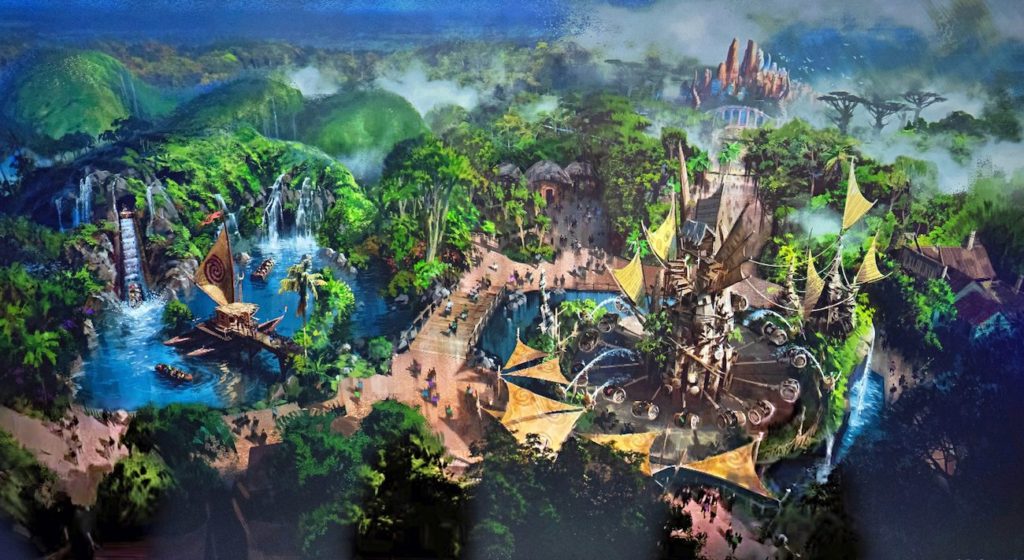
Until then, it’s really no surprise that Disney’s project timeline goes blank just as Epic Universe rises. If Universal’s Epic Universe turns out to be the game-changer that so many hope, maybe Disney will awaken and stretch and lumber back to life once more to add some ill-begotten animated lands to Animal Kingdom, or shoehorn more Disney and Pixar into EPCOT.
But until then, Disney’s new model – add-ons, upcharges, slimmed portions, meet-and-greets, limited time promotional events, and character overlays – is doing just fine, with or without those noisy neighbors down the street.
What do you think? Is Epic Universe going to shift the gravity in Orlando toward Universal Orlando? Is it some combination of Universal’s new park and Disney’s growing upcharges and apathy that’ll amount to a sucker punch to the Mouse House? Or could Disney once again escape unscathed thanks to its own pop culture dominance or Universal’s career of playing catch-up and losing out?
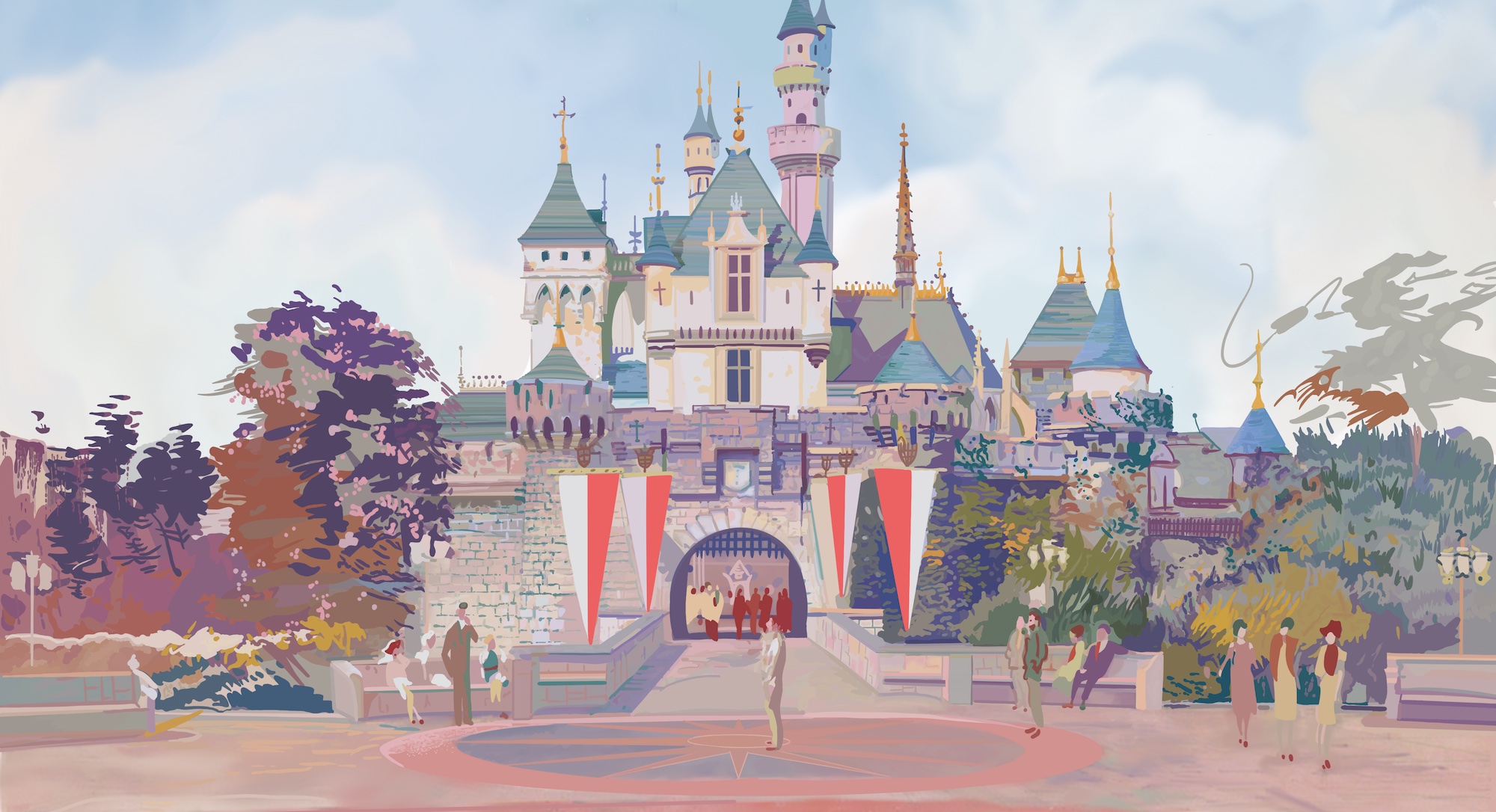


FYI: While not on property, a train station will still be built close enough to WDW (known as the “South International Drive” station.)
Guests will still be able to take the train from the airport to WDW, although it may not be as seamless as if it were directly on property.